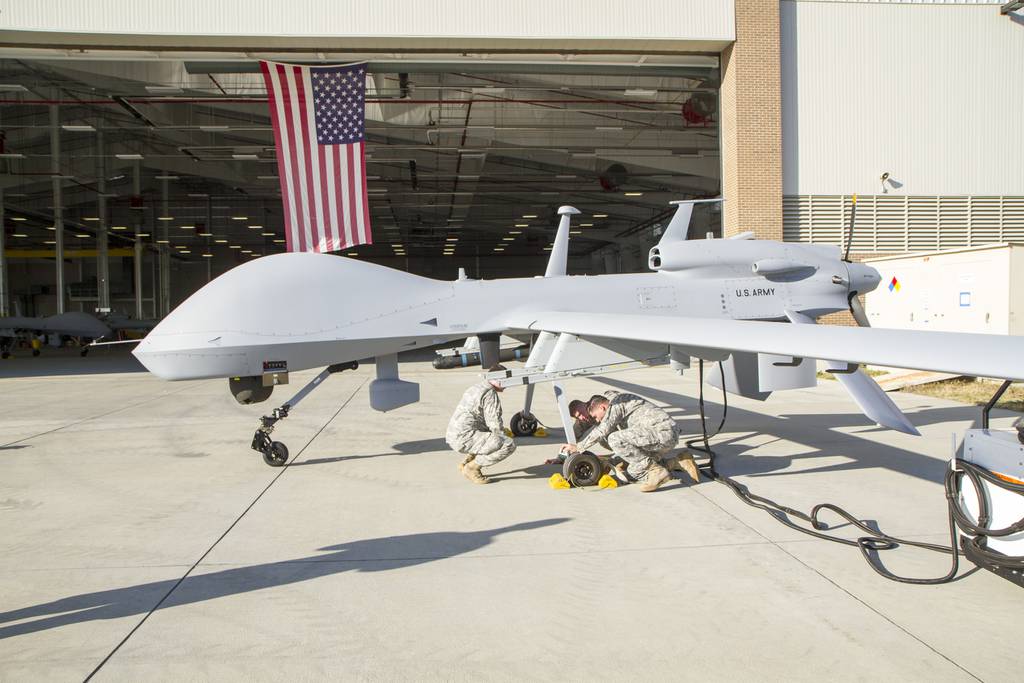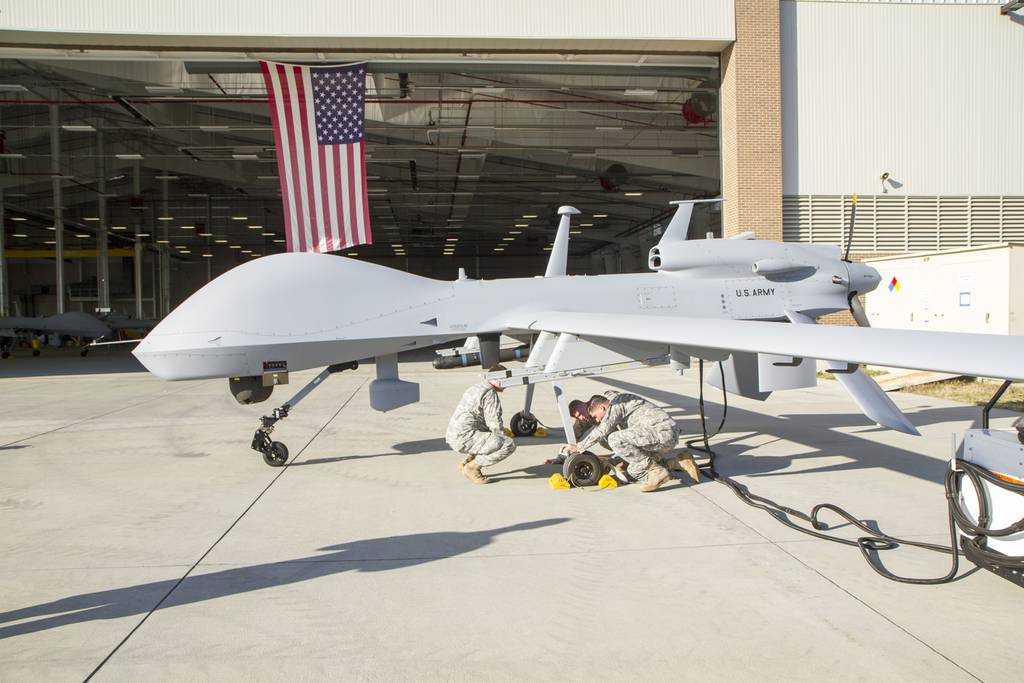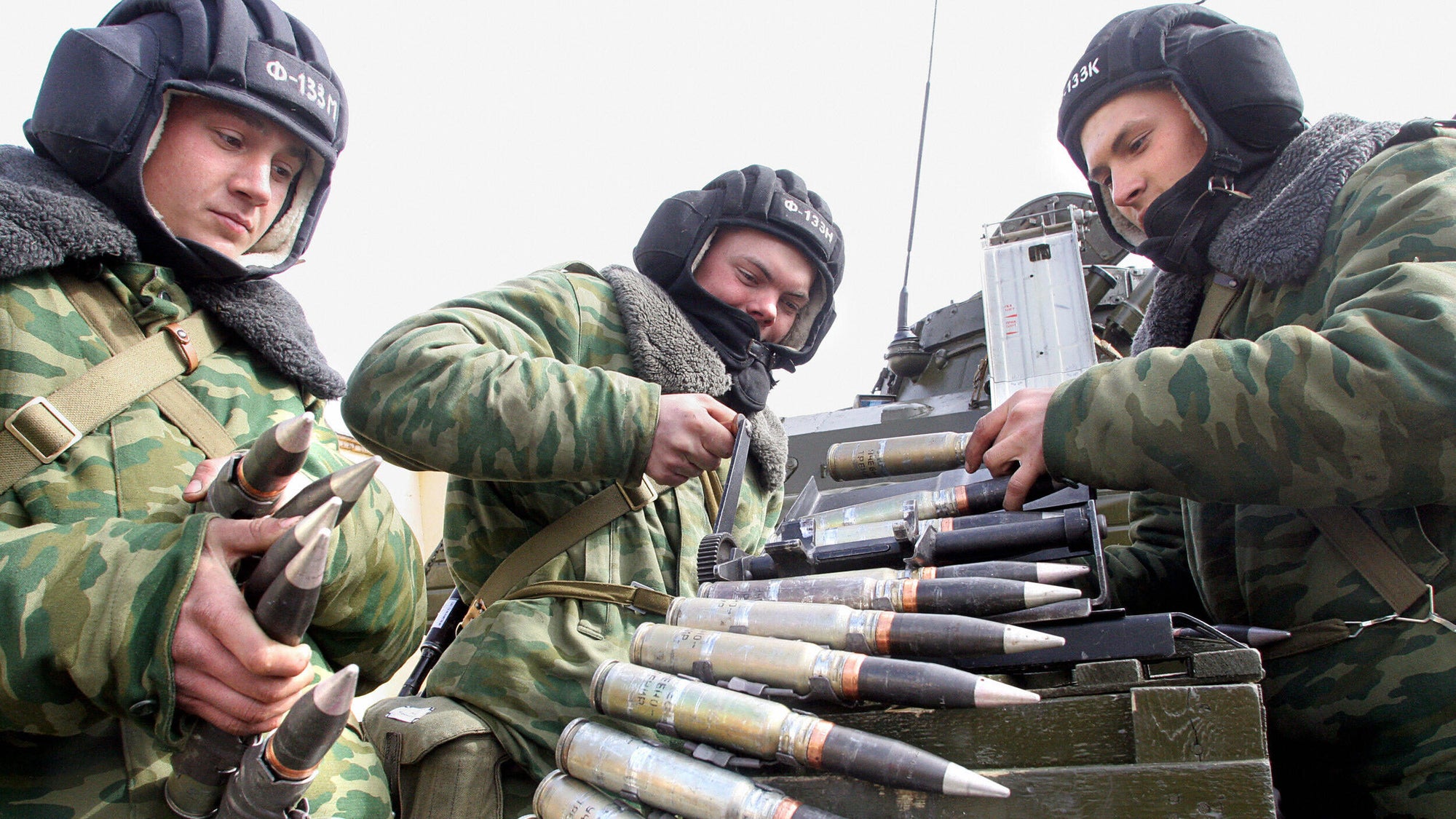Defense firm
L3Harris Technologies says it bought back and cannibalized its own radios to meet customer demands amid
shortages of computer chips and some components.
The company and others across multiple sectors have been hampered by a semiconductor shortage that stretches back nearly two years. Industry executives said they expect supply chain challenges to last longer than originally anticipated and that the chip shortage will drag into mid-2023 or beyond — potentially forcing businesses to get creative.
Speaking at a Morgan Stanley event last week, L3Harris Chief Financial Officer
Michelle Turner said a “big-name chip supplier” she did not identify wasn’t able to meet her firm’s demand heading into the fiscal quarter that began in July. That forced the company to find circuits, called field-programmable gate arrays, from an unusual source.
“We went to one of our customers, where we knew they were disposing of some old radios. We took those radios back, we broke them down. We’re using the [field-programmable gate arrays] within those radios to rebuild them into the current formation, to be able to meet the demand and deliver,” Turner said.
L3Harris, also known for making intelligence, surveillance, and reconnaissance gear; avionics; and night vision equipment, considers the chip shortage “an acute pain point,” Turner said. Wider supply problems, she said, have forced the company to stockpile products in its supply chain to ensure it can ship its wares quickly, she told the Morgan Stanley conference.
The chief executive of America’s No. 2 defense firm
Raytheon Technologies, said microchips could continue to be scarce beyond mid-2023.
“We’re working with our distributors ― and it is just a day-to-day challenge,”
Greg Hayes said Sept. 14 at the Morgan Stanley event. “We don’t see that rectifying itself until probably sometime in the middle of next year if we’re lucky, and as people are bringing on more capacity.”
“We’ve all talked about electronics, chips. We remain hand-to-mouth just like everybody else. We are seeing some stabilization, I would tell you, in the supply chain there,” he added.
Defense officials
said earlier this year production of Raytheon’s
Javelin and
Stinger missiles, a key part of
U.S. aid for Ukraine in its fight against Russia, has been hamstrung by persistent semiconductor manufacturing delays. The Javelin anti-tank weapon is made by a joint venture with
Lockheed Martin.







